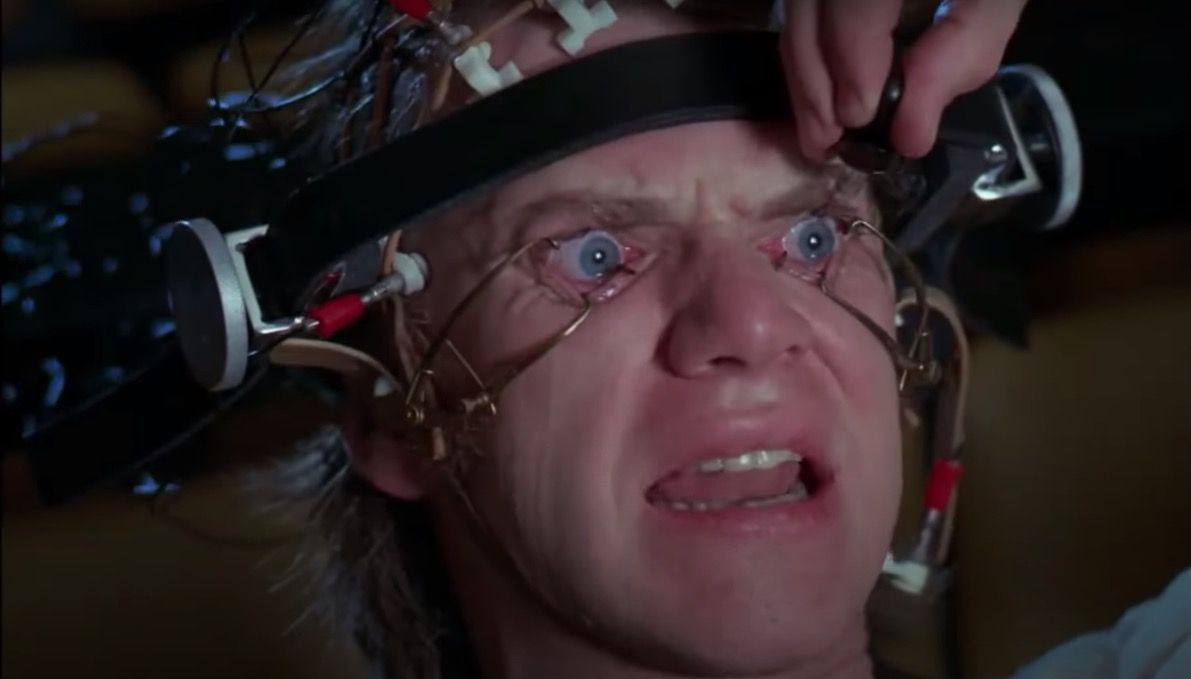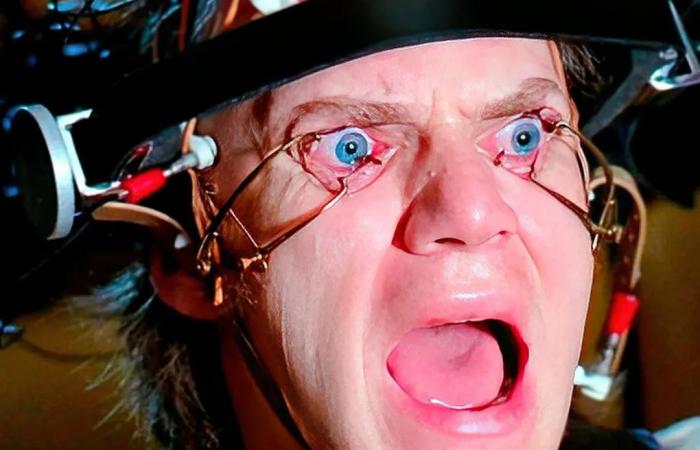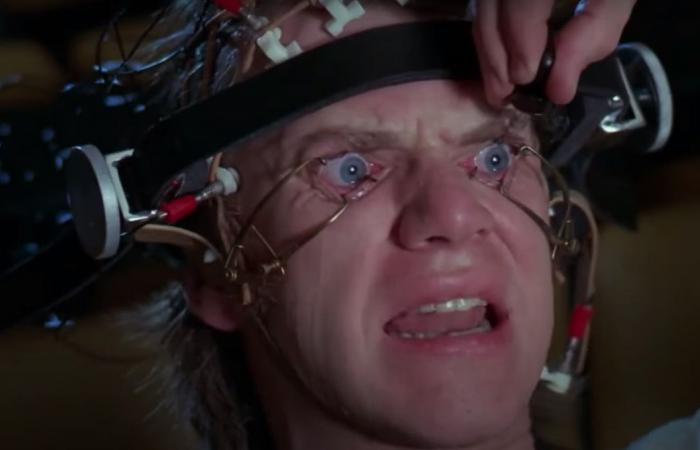In recent days, controversy has centered on a viral image that has circulated on social media, supposedly showing a new type of ad on YouTube that requires users to maintain eye contact to prevent the ad from being repeated. The screenshot, shared by a product designer known for creating fictional concepts, shows a message that reads: “Maintain eye contact for the duration of the ad.” In smaller letters it is added: “Since you looked away, you will have to look again from the beginning.”
These images have generated confusion and concern among YouTube users, some of whom have expressed their outrage and frustration on social media at what they perceive as a new intrusive policy of the video platform. Comments on platforms like X and Facebook have claimed that YouTube is implementing coercive measures to force viewers to watch full ads before continuing with the content. However, YouTube has denied these claims. According to the platform, they have not launched any type of advertisement that requires users to maintain eye contact to avoid repetitions. This information has not been announced on YouTube’s official website or its social media channels. The initial screenshot was shared by Soren Iverson, a designer known for his fictional product creations, who regularly shares these concepts with his followers on various platforms.
Despite this denial, there are those who express concern about the potential growth of intrusive and interruptive advertising on digital platforms. The idea that users may be forced to maintain eye contact with ads to avoid repetition has not been implemented by YouTube so far. However, some analysts and users fear that this type of practice could become a reality in the near future.
The constant evolution of digital advertising technologies, along with pressure from platforms to maximize advertising revenue, could lead to changes in ad display strategies.
There is a possibility that, in an effort to ensure the effectiveness of advertising campaigns, more intrusive methods may be considered that could impact the user experience. This debate reflects the tensions between the monetization of digital platforms and the user experience. While some argue that targeted and personalized advertising is crucial to online business models, others argue that coercive measures such as those suggested could alienate users and undermine trust in the platforms.
YouTube’s fight against advertising blockers and the increase in advertising pressure on its video content has been a recurring theme in the evolution of the platform.
With millions of users accessing its vast content library daily, YouTube relies heavily on advertising revenue to maintain its operations and support content creators. In recent months, YouTube has stepped up its battle to mitigate the impact of ad blockers, tools used by some users to prevent ads from being displayed before or during videos. These measures include changes to blocker detection algorithms and the implementation of ads that are more difficult to bypass.
In addition, the platform has gradually increased advertising pressure, introducing new ad formats and increasing the frequency with which they are displayed during video playback. This is partly due to competition in the digital advertising market and the need to generate greater revenue for content creators and the platform itself. However, these initiatives are not without criticism. Many users are frustrated by the disrupted user experience and the perception that advertising is becoming more ubiquitous. Additionally, some users’ resistance to being exposed to more ads has led to an increase in the use of ad blockers, posing an ongoing challenge for YouTube and other similar platforms.
Platforms like Netflix, Prime Video and the like have intensified their focus on maximizing their advertising-based business models, despite initially focusing on ad-free subscription models. This change has been driven by the growth of connected TV and the persistence of traditional television advertising. As streaming platforms compete for consumers’ attention and seek to expand their revenues, some analysts suggest there may come a time when ads require user attention more compulsorily. However, this raises an important dilemma: how to balance effective monetization with preserving the user experience?
Historical resistance to intrusive and disruptive advertising continues to be a determining factor.
Users of platforms such as Netflix and Prime Video value the experience without advertising interruptions, which has been key to their growth and loyalty. Any move towards more intrusive ads could potentially alienate subscribers and negatively impact perception of the platform.
The iconic and shocking scene from ‘A Clockwork Orange’, where one of the characters is forced and subjected to keeping his eyes open through the Ludovico treatment, could serve as a disturbing parallel to the type of advertising that could subject users to keep an eye on ads on digital platforms. In the film, the Ludovico treatment uses coercive methods to condition the behavior of the protagonist, Alex, causing him to experience extreme discomfort when exposed to violent images. Similarly, although less extreme, there is concern that digital platforms may develop advertising techniques that require the constant attention of users, potentially negatively affecting the user experience.

This parallel underlines the tensions between platform monetization and user privacy and convenience. While advertising is crucial to many online business models, implementing more intrusive methods could generate resistance and discontent among users, affecting the long-term reputation and loyalty of these platforms. The future of digital advertising will depend on a delicate balance between technological innovation, ethics in data collection and the protection of user privacy. The decisions made by platforms like YouTube and the response of users and regulators will be decisive in how this landscape evolves in the coming years.








